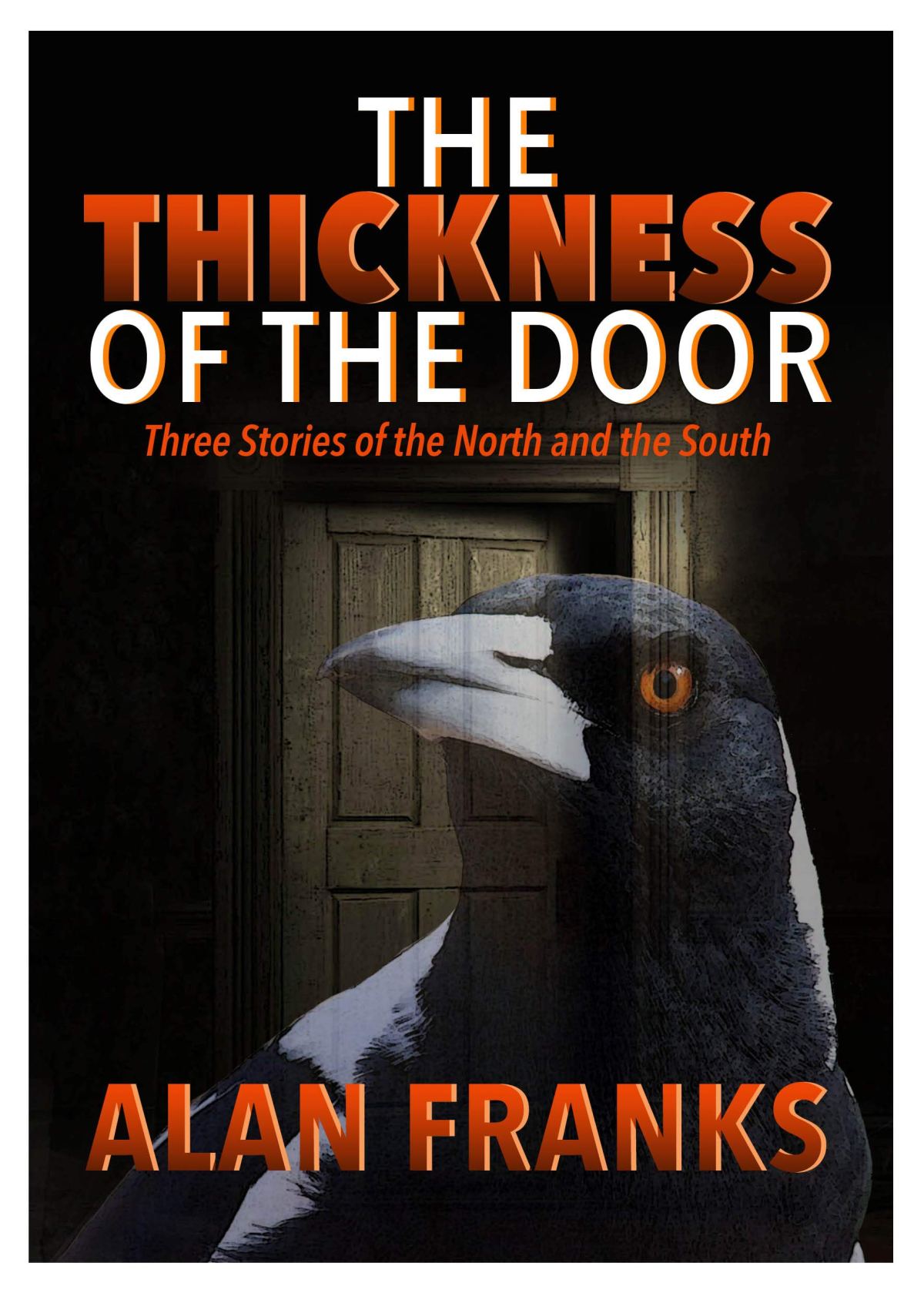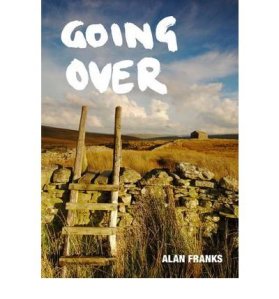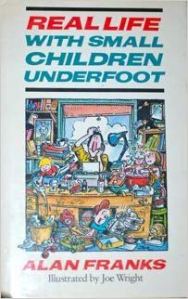Alan Franks’s latest book of fiction is called The Thickness of the Door, and is a collection of three novellas set in the north and the south of England. The first of these, The Magpie Leapers, is a poignant story of love and loss against the political backdrop of the 1992 general election. The leapers of the title belong to a club which risks life and limb on the high parapets of their ancient college.
The second, which shares the title of the book, is a dark comedy about compulsive gambling and Methodism in a struggling boat town during the closing years of the twentieth century.
The third, The Judas Concert, shuttles between the Manchester and London of 1966. A teenage boy with no father and a jailed mother, is relocated from the slum tenements of Notting Hill to his grandfather’s house in a ravaged part of Manchester. Coming across some abandoned documents, he becomes obsessed with the patch of ground in the city centre where the open field of the 1819 Peterloo Massacre once stood. Now the site of the Free Trade Hall, it is about to host a concert by a young American singer called Bob Dylan who is enraging traditionalists with his electrification of folk music.
The Thickness of the Door marks a return by Alan to the short form since his 2003 story Going Over (Muswell Press) about a young man walking across England to see his dying father, won the National Novella Competition.
His first novel, Boychester’s Bugle, published by Heinemann in 1982 and in paperback the following year by the New English Library, was described by the late author Tom Sharpe as “brilliantly comic,” and compared by The Tablet with the styles of Flann O’Brien and the young Kingsley Amis. It tells of the hopeless war being waged against modernity by passionate London Irishman Cathal Dwyer and his Jewish accomplice David Camina.
Two years later his humorous Times columns, Alan Franks’ Diary, were published in the volume Real Life With Small Children Underfoot, (J.M. Dent) which he subsequently read as a Radio 4 series.
His next novels were: The Sins of the Sons in 2010, a tragicomic story of friendship and enmity in the Home Counties, highly praised in a Times review; and, in 2013, The Notes of Dr. Newgate, about the unruly life of a suburban GP. “Superb,” wrote The Guardian’s reviewer Nicholas Lezard. “Franks can do all the voices: he can make you laugh out loud… I never thought a game of squash could be so funny. He also achieves the considerable feat of making you nearly weep at a tender piece of poetry Dr. Newgate’s father, a former miner, has written.”
This was followed in 2015 by The Adventures of Wendy Howard-Watt, a set of satirical stories about a national journalist sent to meet the supposedly great and good figures from the worlds of culture and public life. These range from the senile stage knight Sir John Templecombe, through the wild American founder of LitRock, to the flawed philanthropist Agnes Delaware. The episodes draw, but only loosely, on his own experiences as a long-serving feature-writer on The Times.








